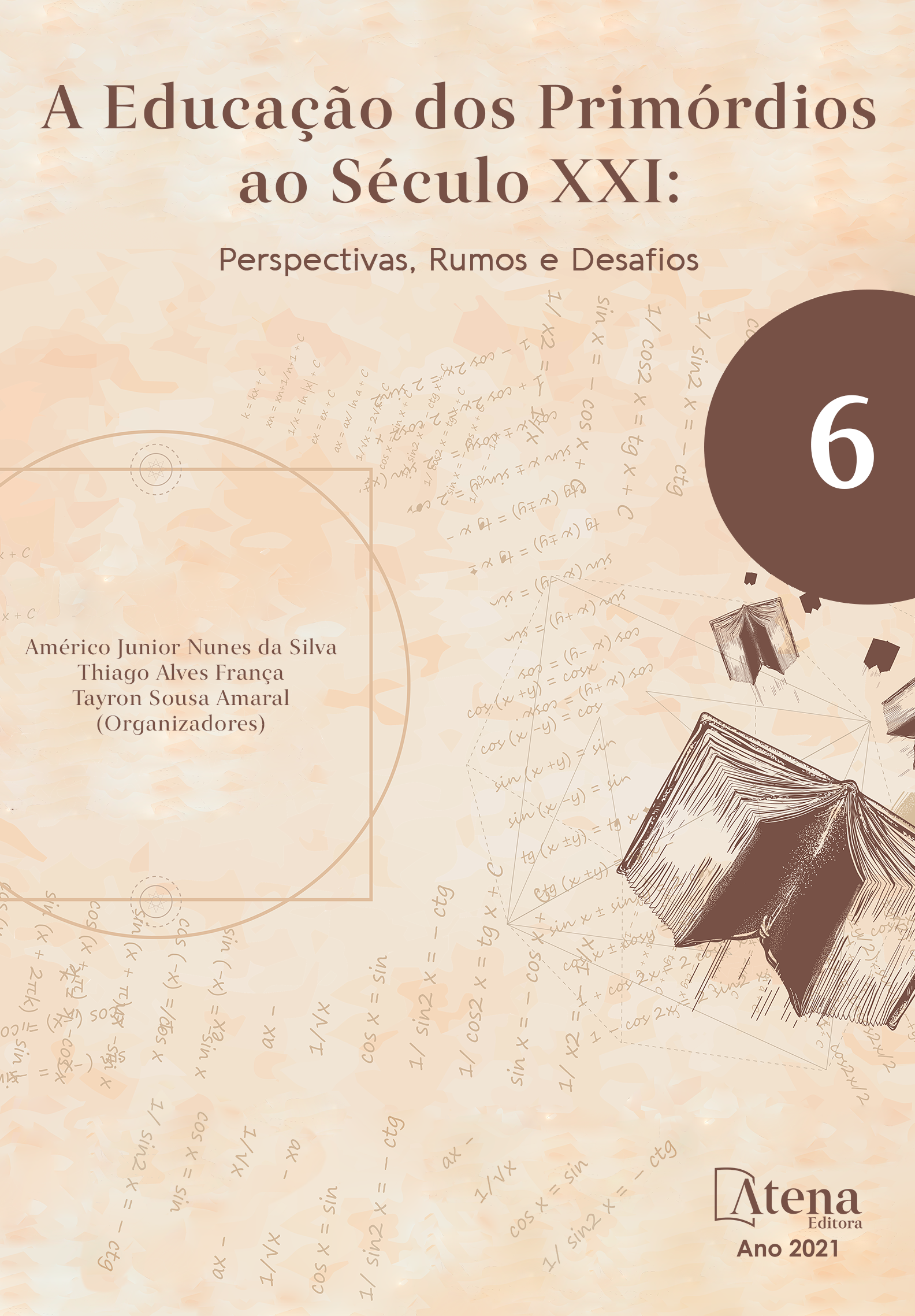
A CONTEXTUALIZAÇÃO NO ENSINO DE BOTÂNICA EM UMA ESCOLA INDÍGENA DE BENJAMIN CONSTANT, AMAZONAS, BRASIL.
A Botânica, com sua nomenclatura complexa e específica, tem seus conteúdos lecionados de forma excessivamente teórica e descontextualizada do cotidiano dos alunos, gerando um grande desinteresse por parte dos professores no ato de ensinar e nos estudantes no momento de aprender. Em contraste às orientações dos Parâmetros Curriculares Nacionais, o ensino da Botânica é muitas vezes transmitido de forma excessivamente teórica, desconectada do cotidiano dos estudantes. Uma das maiores dificuldades no ensino se dá porque muitos professores e alunos apresentam dificuldade em perceber onde poderão aplicar seus conhecimentos botânicos na vida cotidiana. A principal dificuldade apontada por pesquisadores para o ensino da Botânica é a falta de preparação dos professores, sendo comum encontrar nas escolas professores de Ciências que têm “medo dos vegetais” e que, por isso, priorizam outros assuntos, postergando o ensino dos conteúdos de Botânica. Pensando nesta problemática, este estudo teve como objetivo investigar o ensino da Nomenclatura Botânica em uma escola pública indígena da Comunidade de Filadélfia, Benjamin Constant, Amazonas. A pesquisa é exploratória com abordagem quali-quantitativa. A atividade foi dividida em três etapas: foi aplicado um questionário inicial semiestruturado para avaliar o nível de conhecimento prévio dos estudantes. Em seguida, foi ministrada uma aula expositiva dialogada. Por último, foi aplicado um questionário final para a avaliação da aprendizagem. Durante a aplicação da intervenção, os alunos mostraram-se muito participativos frente à contextualização do conteúdo com a associação dos nomes científicos das plantas com os nomes populares em Português e na língua Ticuna. A análise dos questionários revelou um aumento do nível de aprendizagem do conteúdo. O ensino da Botânica associado à realidade de vida dos alunos constitui importante ferramenta pedagógica para auxiliar os professores no processo de ensino-aprendizagem.
A CONTEXTUALIZAÇÃO NO ENSINO DE BOTÂNICA EM UMA ESCOLA INDÍGENA DE BENJAMIN CONSTANT, AMAZONAS, BRASIL.
-
DOI: 10.22533/at.ed.46521040311
-
Palavras-chave: Amazônia. Contextualização. Ensino Médio.
-
Keywords: Amazon. Contextualization. Secondary Education
-
Abstract:
Botany, with its complex and specific nomenclature, has its contents taught in an excessively theoretical and out of context way of the students’ everyday life, causing great disinterest on teachers and students alike. Despite the National Curricular Guidelines orientations, the botanical education is many times transmitted in an excessively theoretical way, decontextualized from the students’ daily life. One of the greatest difficulties in the teaching process is due to several teachers and students not being able to identify where they could make use of their botanical knowledge in the everyday life. The main issue pointed by researchers of botanical education is the lack of preparation among the teachers, being common to find science teachers in schools that are “afraid of plants” and, because of that, tend to prioritize other topics, delaying the teaching of botanical subjects. Considering the afore mentioned situation, this study aimed to investigate the teaching of botanical nomenclature in an indigenous public school in the Community of Filadélfia, Benjamin Constant, Amazonas. The study is explanatory with a quali-quantitative approach. The activity was divided in three steps: a semi-structured quiz was carried out beforehand to assess the level of students’ previous knowledge. In sequence, an expositive interactive class was taught. At last, a final questionnaire was conducted to check all the learning. During the application of the intervention, the students were very participative in face of the contextualization of the content with the application of scientific names of the plants with their popular names in Portuguese and Ticuna language. The analysis of the questionnaires revealed an increase in the learning level. The Botanical education associated to the reality of the students’ lives constitutes an important pedagogical tool to support the teachers in the process of teaching and learning.
-
Número de páginas: 11
- Nataniel Gomes Marin
- Maria Gabriela da Silva Pulgarin
- Arlington da Costa Mauricio
- Thaysa Nogueira de Moura


